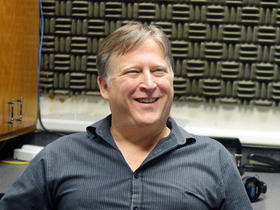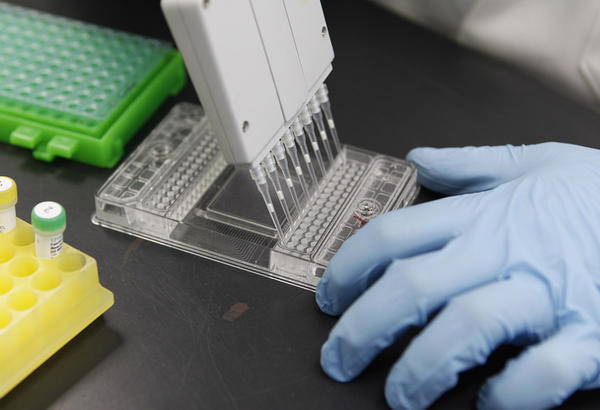Atlanta Biotech Summit Seeks To Create Ethical Guidelines
Advances in biotechnology are moving at lightning speed.
Consider the idea of regrowing a missing limb or 3-D printers that produce organs or the creation of hybrid animals. Consider the improving technology of life-like artificial limbs that can actually transmit sensory feelings or an apple that doesn’t turn brown.
These developments and much more are all part of the evolving field of biotechnology.

Biotechnology is defined as the use of “cellular and biomolecular processes to develop technologies and products that help improve our lives and the health of our planet,” according to the website bio.org.
But there is such a patchwork of regulations and guidelines governing the field across the top 30 biotech-producing nations that it is impacting business, studies and research, and even the public, according to Dr. Paul Root Wolpe.
Wolpe, NASA’s senior bioethicist and a professor at the Emory Center for Ethics, is spearheading the first BEINGS Summit in Atlanta May 17-19 at the Tabernacle. BEINGS stands for “Biotechnology and the Ethical Imagination: A Global Summit.”
“Scientists that I’ve met and talked to, and I’ve met them in a variety of different fields, are very concerned about the ethical issues in the science that they pursue,” Wolpe told Rose Scott and Denis O’Hayer during an interview on “A Closer Look.”
“They’re concerned about safety – things like environmental toxins. They’re concerned about pathogens and they’re very concerned about even the deeper issues of where science should go,” he explained.
There is no international consensus on guidelines to govern biotechnology and related fields and Wolpe wants to change that.
Hundreds of experts in the sciences and in the field of ethics are expected to attend the BEINGS Summit next month. Wolpe hopes these experts will work together to establish a vision and consensus on ethical guidelines and policy standards for research and development, especially in the areas of stem cell research, synthetic biology, and other human cellular biotechnologies.
Wolpe said the quickly evolving field of biotechnology is making many things people once only dreamed of, not only possible, but in some cases a reality.
“I tell my students there is no science fiction anymore.”
9(MDAxODM0MDY4MDEyMTY4NDA3MzI3YjkzMw004))








